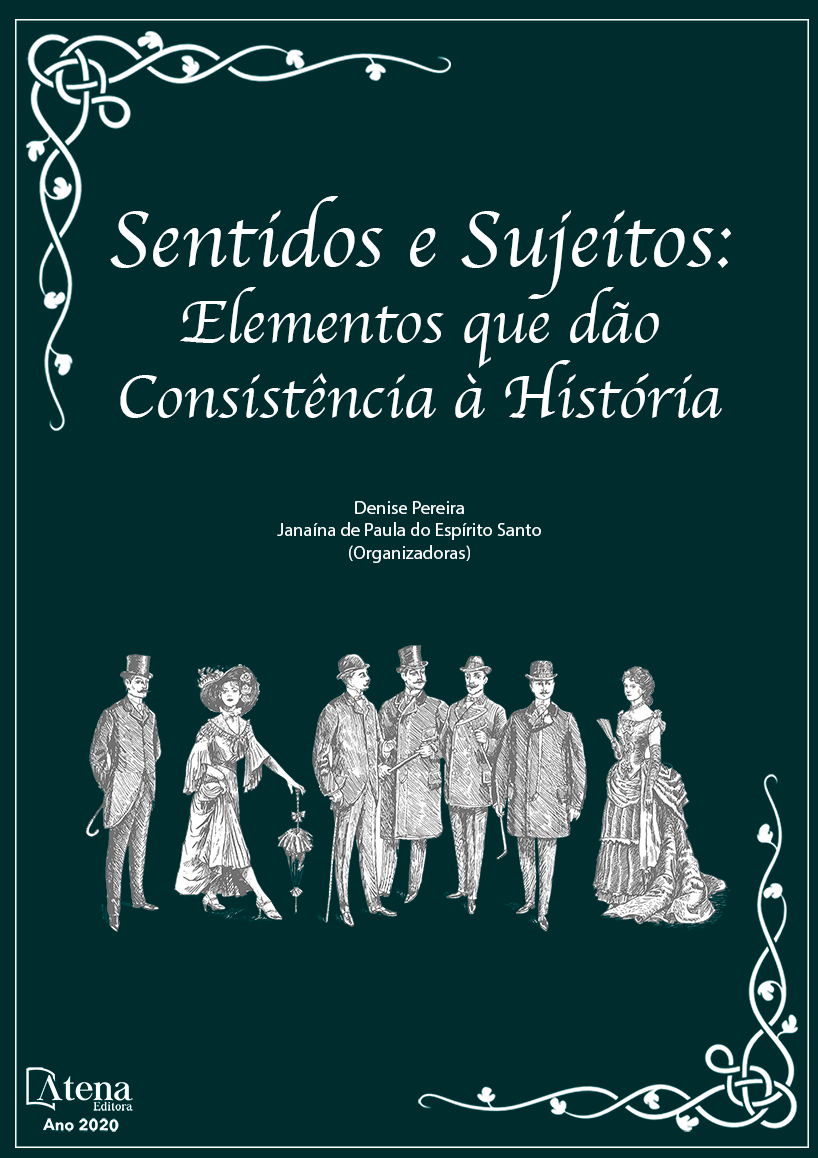
OS ESTUDOS DAS RELAÇÕES RACIAIS NO BRASIL E OS DILEMAS PARA O CUMPRIMENTO DA APLICAÇÃO DA LEI 10639/2003.
Resumo:
Este artigo se propõe apresentar algumas abordagens teóricas sobre as relações raciais no Brasil e suas contribuições epistemológicas para o desenvolvimento dos estudos africanos e afro-brasileiros e, consequentemente, a implementação e os dilemas da Lei 10639/2003 (lei que estabelece a obrigatoriedade do ensino de "história e cultura afro-brasileira" nos ensinos básicos e superiores). Neste contexto, Primeiramente buscaremos mostrar como estes estudos apontaram para uma interpretação equivocada das relações raciais fundamentadas pelas teorias científicas racialistas (concepção de que a espécie humana se divide naturalmente em raças e que essas correspondem a categorias biológicas ostensivamente distintas) que influenciaram muitos estudiosos brasileiros e, consequentemente, como apareceram as contra narrativas desses estudos. Segundo, procuraremos estabelecer uma reflexão dialogada de como essas produções científicas influenciou e ainda influencia para compreensão das relações raciais no Brasil nas experiências de formação de docentes, discentes e pesquisadores sobre a temática racial. Finalmente, no terceiro momento, analisaremos alguns desafios encontrados para o cumprimento dessa Lei 10639/2003 nas instituições de ensino do país.
OS ESTUDOS DAS RELAÇÕES RACIAIS NO BRASIL E OS DILEMAS PARA O CUMPRIMENTO DA APLICAÇÃO DA LEI 10639/2003.
-
DOI: 10.22533/at.ed.23120180812
-
Palavras-chave: Relações Raciais, Produções Científicas, Formação Continuada e Cumprimento da Lei 10639/2003.
-
Keywords: Race Relations, Scientific Productions, Continuing Education and Compliance with Law 10639/2003.
-
Abstract:
This article proposes to present some theoretical approaches on race relations in Brazil and their epistemological contributions to the development of African and Afro-Brazilian studies and, consequently, the implementation and dilemmas of Law 10639/2003 (law that establishes compulsory education) "Afro-Brazilian history and culture" in basic and higher education). In this context, we will first seek to show how these studies pointed to a misinterpretation of race relations based on racial scientific theories (conception that the human species naturally divides into races and that these correspond to ostensibly distinct biological categories) that influenced many Brazilian and consequently, how the counter-narratives of these studies appeared. Second, we will try to establish a dialogical reflection on how these scientific productions influenced and still influences the understanding of race relations in Brazil in the experiences of training teachers, students and researchers on racial issues. Finally, in the third moment, we will analyze some challenges found for the fulfillment of this Law 10639/2003 in educational institutions in the country.
-
Número de páginas: 18
- Pedro Barbosa


